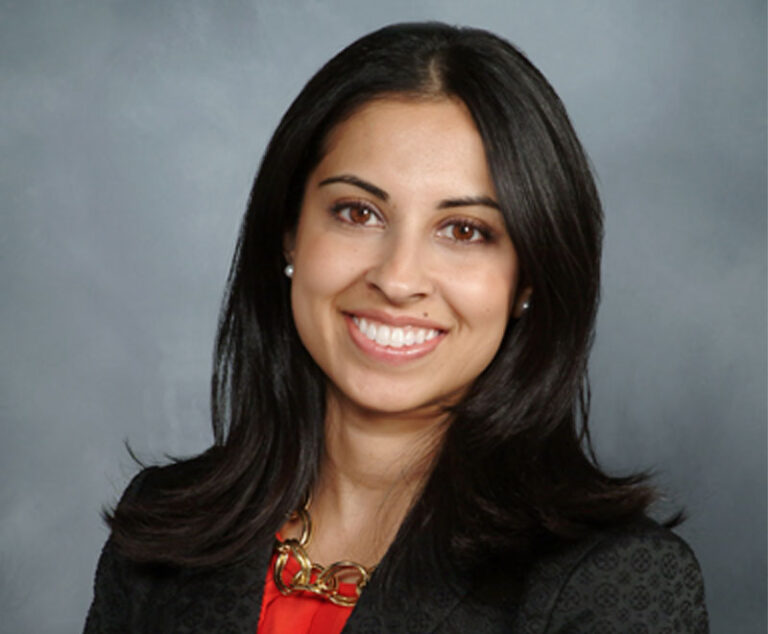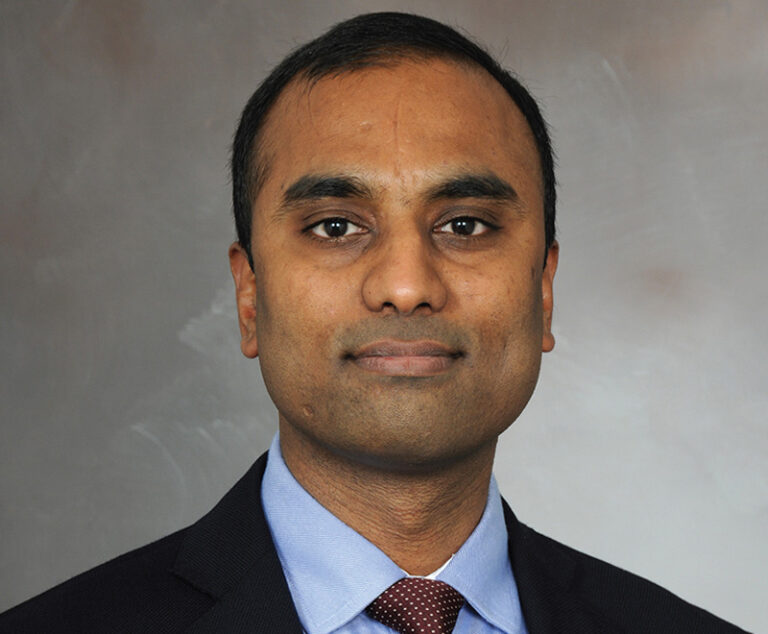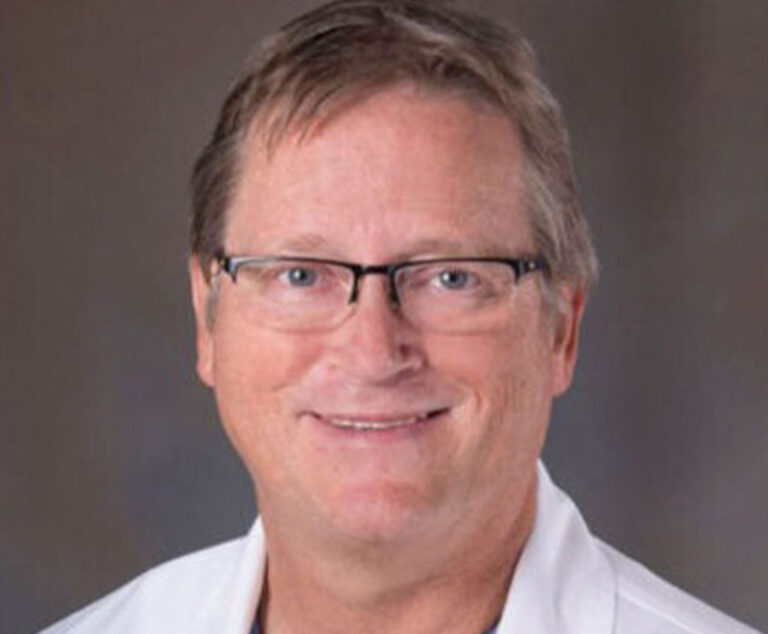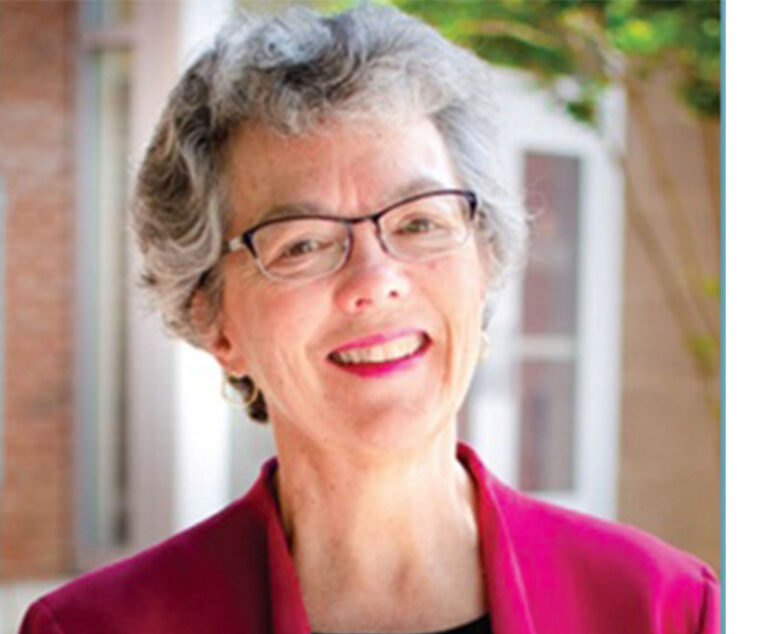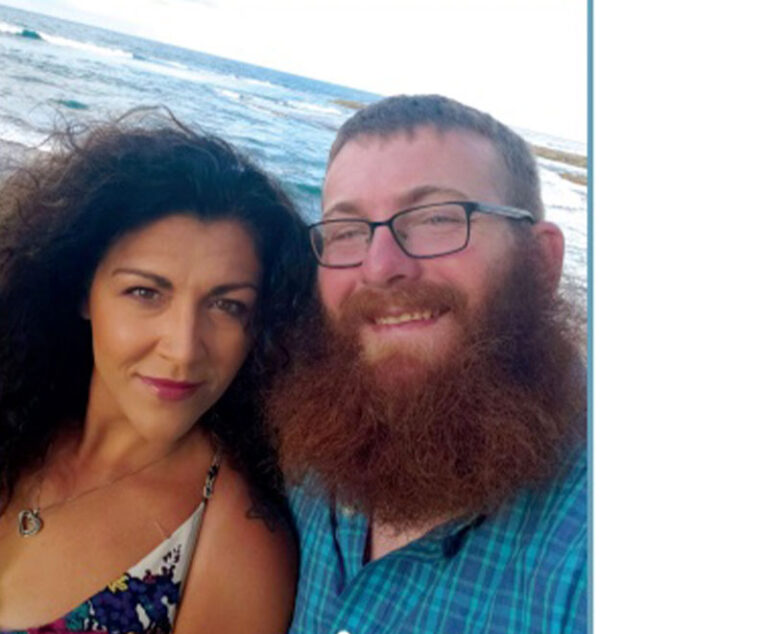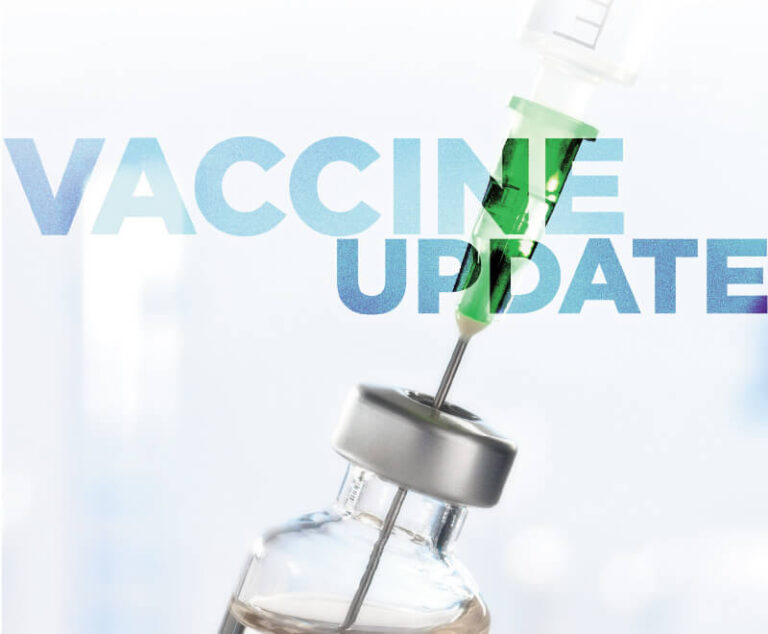Perspectives
Professionals, Providers & Patients
Dr. Rekha Kumar chose to specialize in obesity when she recognized the condition was a contributing factor to most other diseases.
Healthcare is changing, and it's changing fast with the goal of improving patient wellness and satisfaction while lowering costs.
After his sister’s death due to obesity, Tommy Tomlinson finally confronted his own 460 pounds, writing a book about his struggles and finally finding a lifestyle plan that has helped him to lose weight and keep it off.
Dr. Sudhakar Selvaraj specializes in treating adult patients with mental disorders, including the severely disabling condition known as bipolar disorder.
Nichole Howson felt the effects of bipolar disorder when she was a teenager, but it wasn’t until she was 20 that she was diagnosed. Fortunately, Nichole got the treatment she needed and is now a successful businesswoman and helps others with the disorder.
Overall, medicines are widely available in the United States, but access issues persist due to a variety of factors, including shortages, reimbursement problems and waste.
It's a transformative time for the healthcare industry, allowing healthcare to boost performance and productivity, while at the same time delivering new patient-centric services.
After losing both legs below the knees to bacterial meningitis, Don Cummings earned a degree in prosthetics and orthotics and now works with pediatric patients who have lost limbs.
After losing his hand, wrist and partial forearm in an accident, Dr. Robert Doty struggled with the decision to undergo multiple surgeries to reestablish function of his limb or to amputate.
In this annual vaccine-themed issue, we report trends and changes in vaccination among select populations, as well as a new promising vaccine technology.
